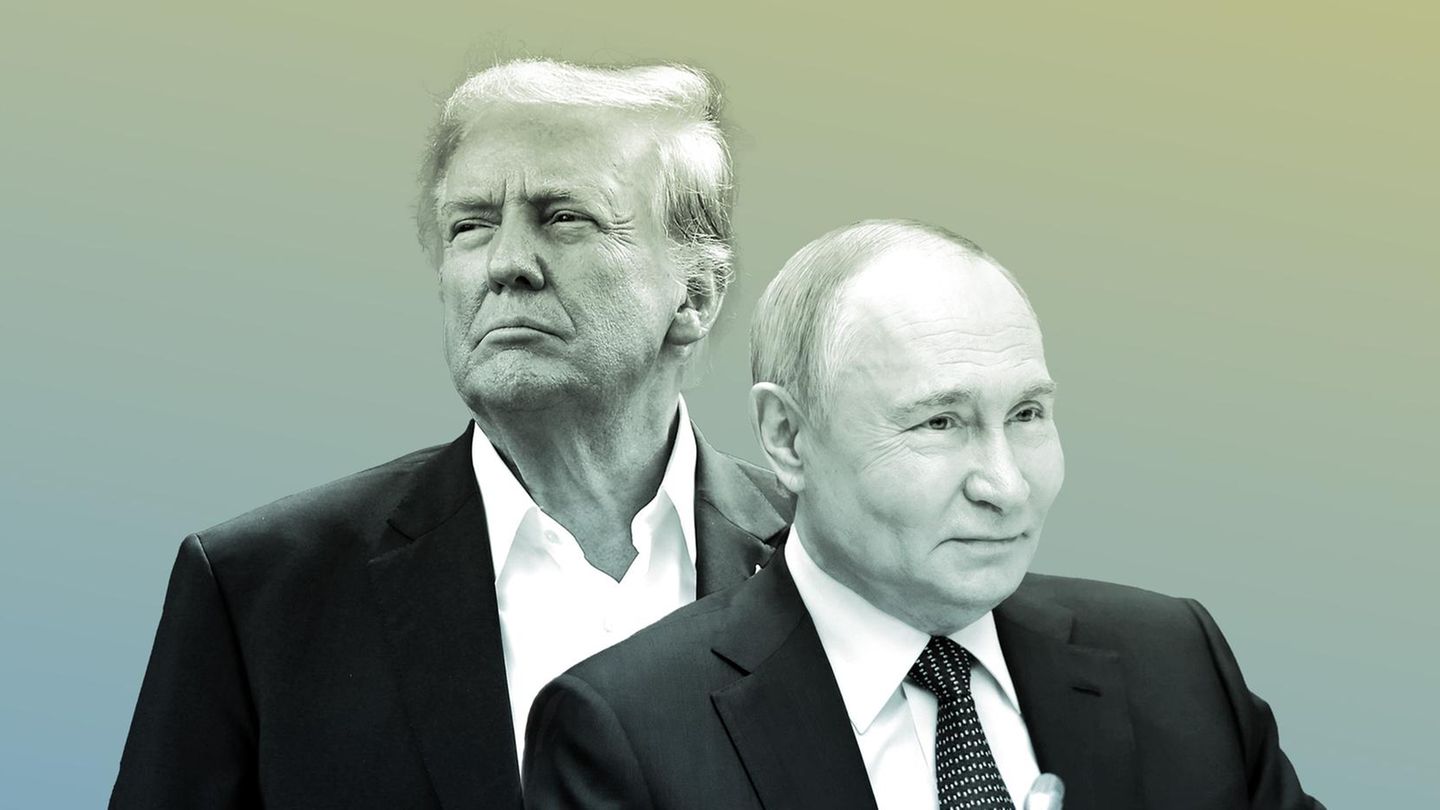He left Caracas five years ago, in an exodus that according to UNHCR led 6 million Venezuelans to migrate since 2015, at the height of a deep crisis.
However, the image of devastation from which he fled, with empty shelves and lines for hours to buy food, has been left behind: A relaxation in 2018 of the iron exchange control that prevailed for two decades brought improvements, after Venezuela chained eight years of recession and four of hyperinflation.
A de facto dollarization and a relaxation of price controls allowed businessmen and merchants to increase imports, with a better supply of products and new stores for food, clothing or shoes.
That image of change, which floods social networks, washes a little of the face of misery in a country where three out of four families have insufficient income to cover the food basketand has prompted many to return.
“It’s time to go back,” says Víctor, 32, convinced, who arrived in Chile without papers that would allow him to get a permanent job and even had to sleep in a square. “I slept on the street for 15 days. I talked to my parents and told them that everything was fine and I hung up the phone and cried in despair,” he told the AFP agency.
President Nicolás Maduro dismisses the UNHCR figures, assuring that the number of migrants reaches some 800,000 or “perhaps less”.
Although there are no official figures of returnees, a third of the population wants to emigrate, according to an opinion poll, which confirms that the general perception of the country is negative.
Venezuela’s GDP, which fell more than 80%, had a 4% rebound in 2021. “It is suboptimal growth, which stems from an incomplete opening, which privileges some more than others,” explains economist Henkel García , director of the Econometric firm. “It is an economy basically focused on trade, without major structural changes.”
The “new face”, qualified by many as a “bubble”, is seen in Caracas; but public services such as water or electricity continue to collapse, especially in the interior of the country.
Víctor, who regularized his immigration status in Chile, “survive” by working as a delivery man in Valparaíso, 116 km west of Santiago.
What he earns goes to his expenses and those of his relatives in Venezuela, where dollarization has “internationalized” prices, so he decided that it was not worth continuing far from home. He kept, despite the problems, some small savings with which he bought a motorcycle in Caracas and invested in a supply to survive on his return.
“There are opportunities, there are options” in Venezuela, he tells AFP outside his modest apartment in Chile.
Those who return had bad experiences as migrants and many suffered acts of discrimination.
Yara González, a 29-year-old manicurist, returned to her country from Peru. “It was like the cycle of the rat” (running on a wheel in a cage without getting anywhere), says this woman.
She remembers, laughing, a Peruvian woman who crossed herself when she heard her accent. “Are you Venezuelan?” She says that she asked him before making the sign of the cross.
The return exceeded Yara’s expectations.
“I feel that I have more opportunities than I could have had for 2018 or 2017, which were totally null,” he says, recalling that months before emigrating “acetone, glitter” and other materials to work disappeared.
“To shoot around Latin America and continue to have shortcomings, I stay here at home,” he adds.
Víctor, meanwhile, thinks about his future in Venezuela. He has had a hard time raising the money for the plane ticket, which has postponed his return and, with it, the opportunity to hug his son, his wife and his parents again. “Loneliness kills.”
Source: Ambito
David William is a talented author who has made a name for himself in the world of writing. He is a professional author who writes on a wide range of topics, from general interest to opinion news. David is currently working as a writer at 24 hours worlds where he brings his unique perspective and in-depth research to his articles, making them both informative and engaging.



